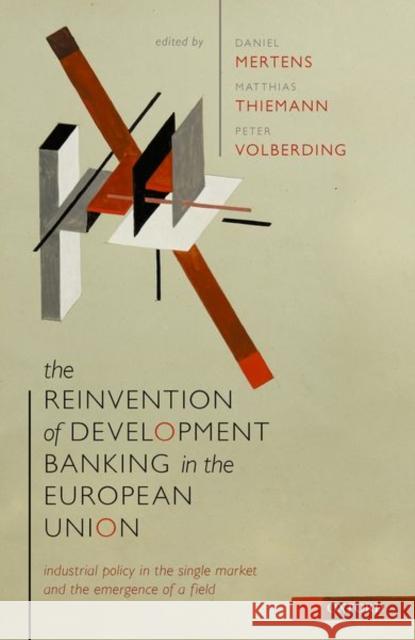The Reinvention of Development Banking in the European Union: Industrial Policy in the Single Market and the Emergence of a Field » książka
topmenu
The Reinvention of Development Banking in the European Union: Industrial Policy in the Single Market and the Emergence of a Field
ISBN-13: 9780198859703 / Angielski / Twarda / 2021 / 352 str.
The Reinvention of Development Banking in the European Union: Industrial Policy in the Single Market and the Emergence of a Field
ISBN-13: 9780198859703 / Angielski / Twarda / 2021 / 352 str.
cena 557,42
(netto: 530,88 VAT: 5%)
Najniższa cena z 30 dni: 445,35
(netto: 530,88 VAT: 5%)
Najniższa cena z 30 dni: 445,35
Termin realizacji zamówienia:
ok. 30 dni roboczych
Bez gwarancji dostawy przed świętami
ok. 30 dni roboczych
Bez gwarancji dostawy przed świętami
Darmowa dostawa!
Kategorie:
Kategorie BISAC:
Wydawca:
Oxford University Press, USA
Język:
Angielski
ISBN-13:
9780198859703
Rok wydania:
2021
Ilość stron:
352
Waga:
0.65 kg
Wymiary:
23.62 x 16.0 x 2.79
Oprawa:
Twarda
Wolumenów:
01
Dodatkowe informacje:
Bibliografia
Wydanie ilustrowane
Wydanie ilustrowane











